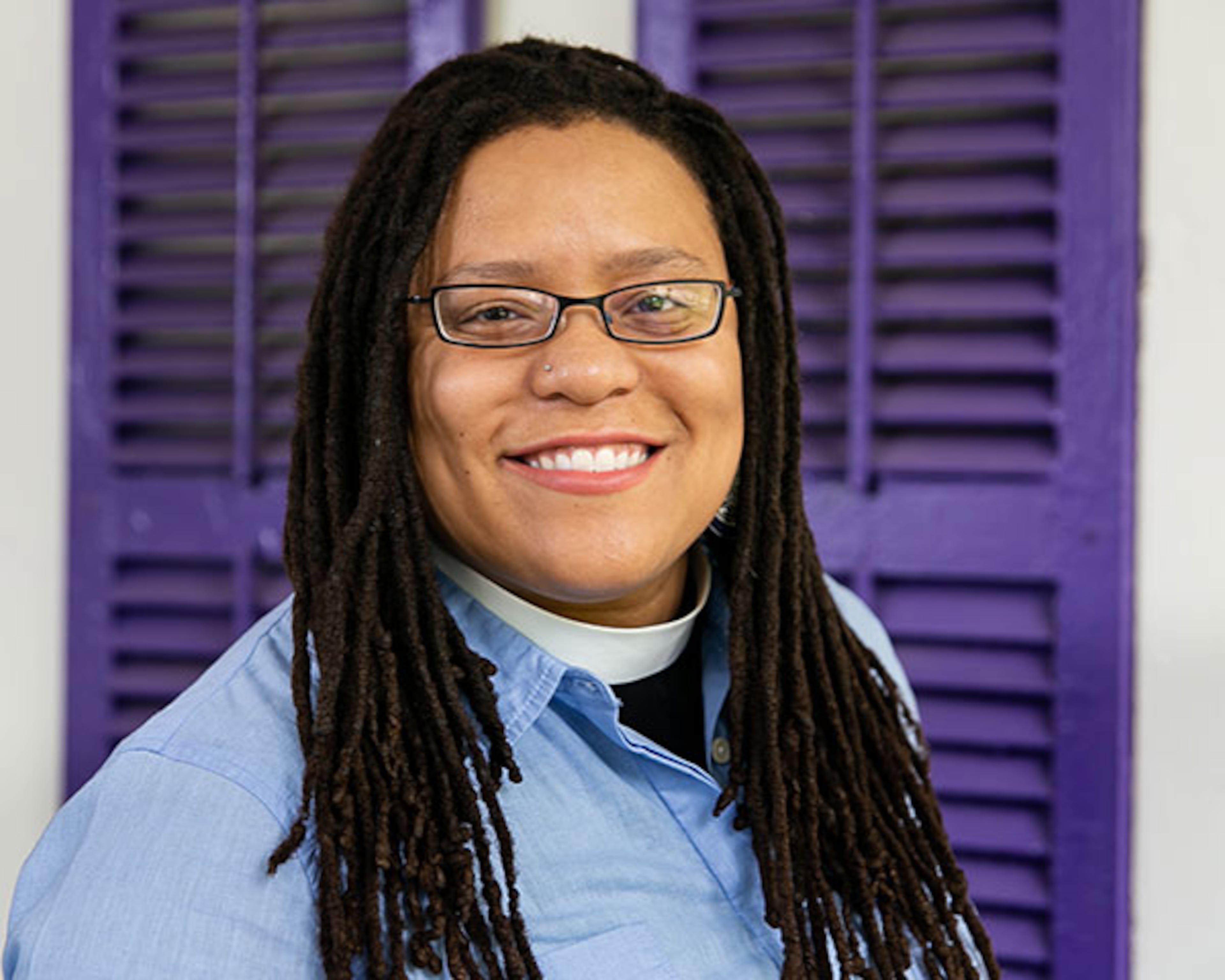An emphasis on rehabilitation is key to successful prison reform

As someone who has dedicated my life’s work to advocating for justice and fairness toward all human beings, I think Georgia is at a crucial tipping point for prioritizing the well-being of both those who live and work in our prisons.
Georgia’s prisons and carceral system are facing crisis-level challenges, from understaffing to overpopulation, crumbling infrastructure to underfunded mental health care. This is a multifaceted problem that extends beyond prison walls, and it will take a multifaceted approach and cooperation between many entities to solve.

Addressing the massive overcrowding of our facilities will take the coordinated help of prosecutors, judges, law enforcement and local communities as we watch prisons turn into dumping grounds for those we don’t seem to know what to do with. Instead of using our crisis hotlines and community response resources for people experiencing mental health crises, law enforcement is being asked to step in and handle delicate situations that their jobs should not require of them. Our legal experts are being overburdened with caseload after caseload of individuals in need of medical help, not incarceration. Those with mental health care needs are being funneled into packed jails and prisons instead of being sent to hospitals or treatment centers to receive the mental health care they need.
Law enforcement, prosecutors and judges have tremendous power to become good stewards of those who truly need mental health care instead of prison. We must work together to keep people out of prison who don’t deserve to be there in the first place, starting at the neighborhood level, using the community response resources we have at our disposal.
Once inside the prison system, there is a clear connection between safety in our correctional facilities and the mental health of those in our care. The stress and trauma of incarceration exacerbate existing mental health conditions and, in many cases, contribute to new ones. We must provide compassionate, comprehensive mental health services and psychiatric care as a standard part of Georgia’s prison system. As someone who works daily on the streets of Atlanta with those living with substance use disorders, I’ve seen firsthand the transformative impact of implementing detox programs and providing greater access to addiction treatment medication throughout the state. Our prison system must evolve to address these needs and help put more Georgians on the track toward complete rehabilitation.
Georgia prides itself on being fiscally responsible, but I believe this repeated failure to invest in our corrections system is not only costly, it’s also fiscally irresponsible — and deadly.
Investing in enhanced educational and vocational training programs for incarcerated individuals and addressing the crumbling and unsafe environments in which they live is a wise investment in the future safety of all Georgians. Continuing to underfund prison educational/vocational programs will only perpetuate the cycle of recidivism and overcrowding, leaving people without the resources they need to reintegrate into society and leading them right back into the dire living conditions they face in our prisons. Living and working in dilapidated buildings with inside temperatures of well over 100 degrees or below freezing, sleeping in rooms overflowing with human excrement, coping without basic medical treatment and attempting to survive severe malnutrition are compounding mental health issues and creating environments of extreme violence. Those who serve and live in corrections facilities are dying. This is unacceptable.
The journey to reform might not be politically expedient, but it is essential to the future of our state. The lives of those in our care and the well-being of our communities depend on our collective commitment to the just, fair and compassionate treatment of all humans. As we begin our work in the Senate Study Committee on the Safety and Welfare of All Individuals in the Department of Corrections, I call on my legislative colleagues on both sides of the aisle, Gov. Brian Kemp, the Department of Corrections, countless law enforcement entities, prosecutors, judges and all people of good conscience to join me in this work of ensuring that we take every necessary step to improve our corrections system.
When we fail to care for the most vulnerable among us, we fail as a society. Georgia can and must do better.
Sen. Kim Jackson, a Democrat, represents the 41st Senate District, which includes portions of DeKalb County and a small portion of Gwinnett County.
